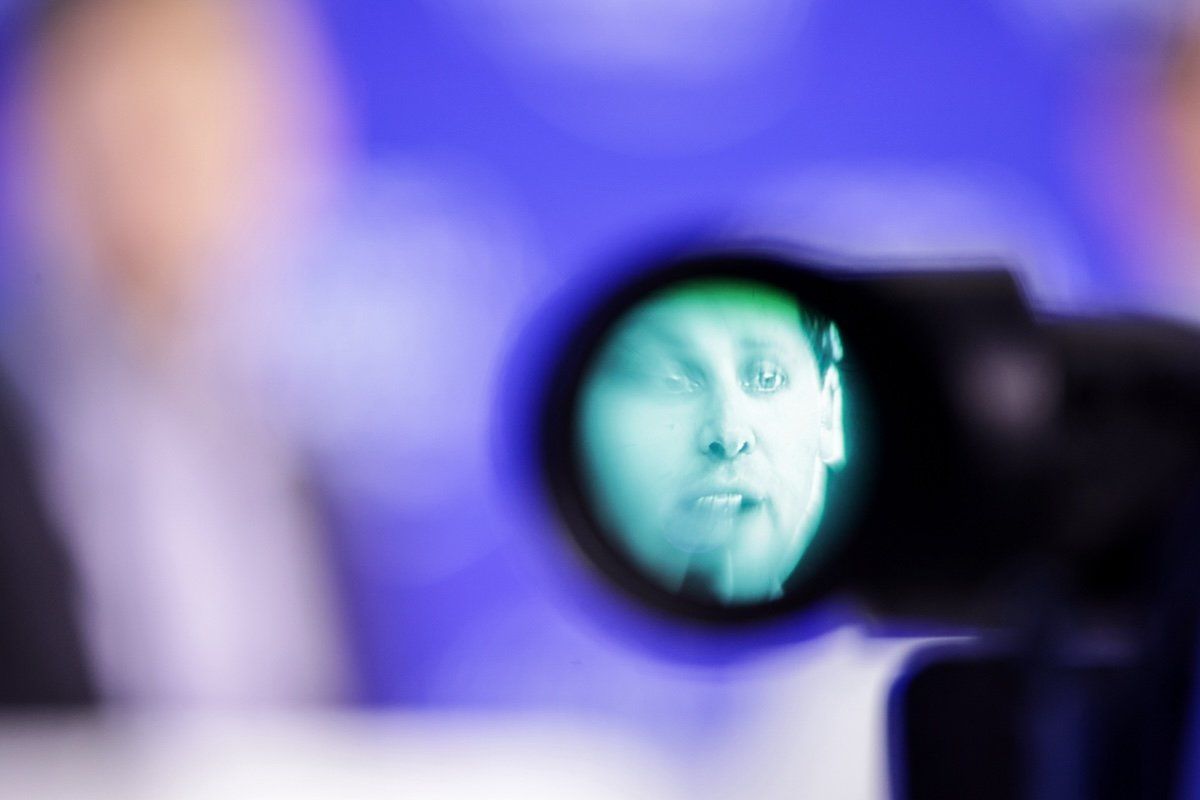Much of the buzz in Davos this year has been around artificial intelligence and the attendance of precocious talents like Open AI’s Sam Altman, who has helped pioneer the biggest technological breakthrough since the personal computer. The World Economic Forum’s Chief Economists Outlook suggested near unanimity in the belief that productivity gains from AI will become economically significant in the next five years in high-income economies. And Altman himself has said he is motivated to “create tech-driven prosperity.”
But there are less rosy predictions around AI. The International Monetary Fund has warned that 40% of jobs worldwide could be adversely impacted and overall inequality could worsen. In the current feverish climate, such warnings have been dismissed.
“Contemporaneous accounts of tech revolutions are always wrong,” Altman said on a panel this week with Microsoft’s Satya Nadella.
Many AI proponents talked about three-phase adoption – firstly, actively using the technology to assist workers; secondly, watching the technology in its autopilot mode to assess its accuracy; and, thirdly, letting it go and trusting it will work. Altman said the three-phase approach should make AI less scary. “This is much more of a tool than I expected. It’ll get better, but it’s not yet replacing jobs. It is this incredible tool for productivity … it lets people do their jobs better.”
In an earlier panel, he was asked about his ouster from Open AI and subsequent reinstatement and said he was “super-confused” at being fired. But he balked at talking further about the “soap opera,” rather than the prospects of AI. He likened the progression of ChatGPT to that of the iPhone, in that the iPhone 1 from 2007 is a very rudimentary device compared to the current iPhone 15. “Eventually we will have a good one,” he said.
Altman said much of the fear-mongering has been overdone. “There was a two-week freak-out with GPT-4 – that it will change everything. Now it’s like ‘Why is it so slow?’ … GPT-4 is a big deal in some sense, but it did not change the world. We are making a tool that is impressive, but humans will go on doing human things.”
